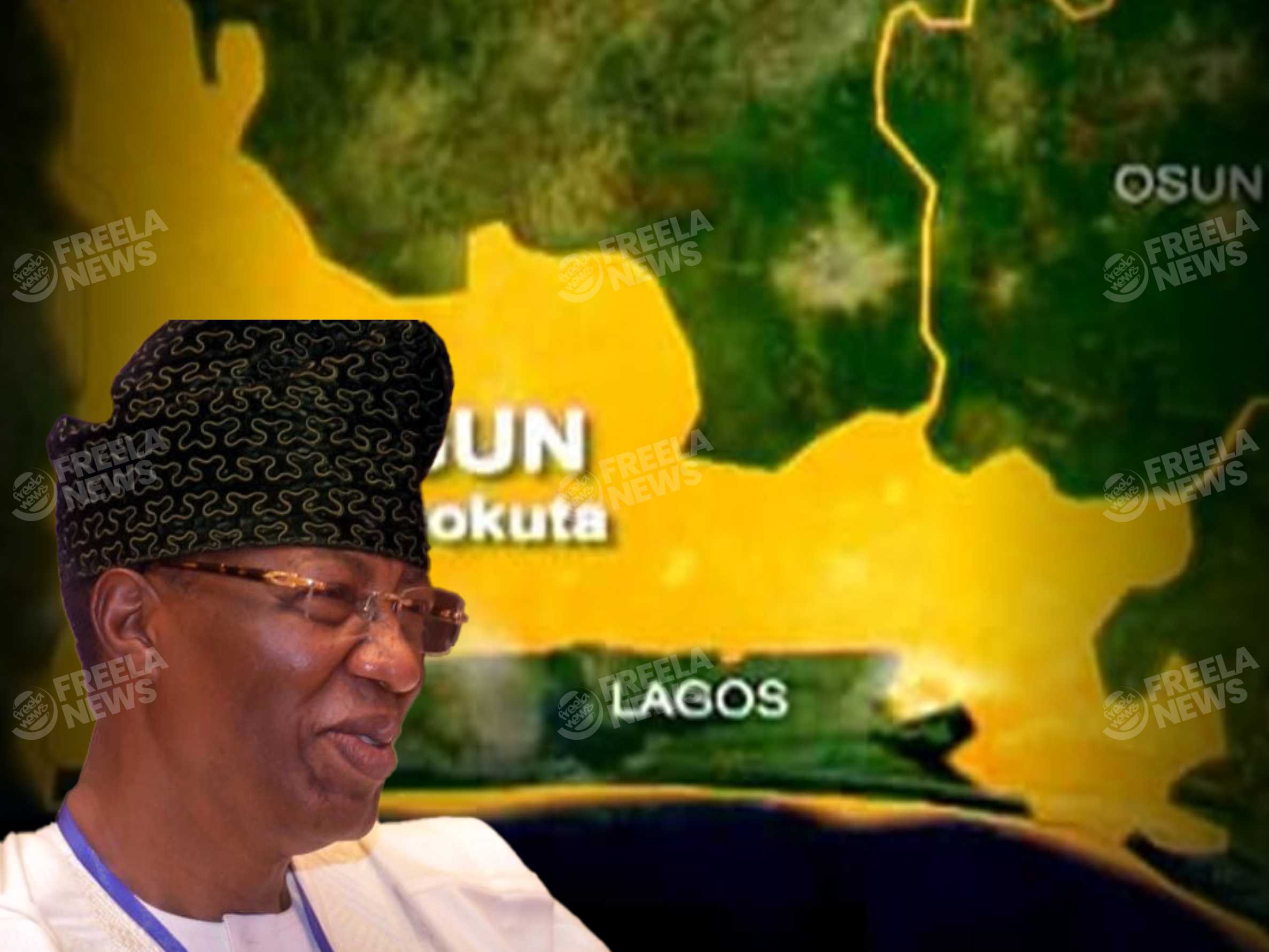President Bola Tinubu has ratified the National Integrated Electricity Policy, a strategic roadmap aimed at attracting $122.2 billion in investments to revolutionize Nigeria’s electricity supply industry
[dropcap]P[/dropcap]resident Bola Tinubu has officially approved the National Integrated Electricity Policy, a comprehensive roadmap designed to overhaul and modernize Nigeria’s electricity supply industry (NESI) by attracting $122.2 billion in investments.
Also read: FG approves 50% electricity subsidy for hospitals
The policy, ratified during the Federal Executive Council meeting on Monday, is set to drive significant reforms and attract substantial funding to the sector.
The National Integrated Electricity Policy, initially submitted in December 2024 and aligned with the Electricity Act 2023, outlines a strategic reform agenda aimed at enhancing the stability, sustainability, and efficiency of Nigeria’s energy infrastructure.
It targets the diversification of energy sources beyond hydropower and gas-fired thermal plants, incorporating hydrogen, solar photovoltaic technology, biomass, wind, gas projects with carbon capture, nuclear, solar (concentrated solar power), and bioenergy.
The policy aims to raise $122.2 billion between 2024 and 2045, a 21-year period, to achieve this diversification. Additionally, it allocates $192 million over the next five years (2024-2028) to boost transmission capacity nationwide.
“The road map policy addresses critical challenges in Nigeria’s electricity sector through a comprehensive framework for sector transformation with clear guidelines for sustainable power generation, transmission, distribution, as well as integration of renewable energy sources, its promotion, energy efficiency and enhancement of sector governance,” said Adebayo Adelabu, Minister of Power.
A statement issued by Bolaji Tunji, Special Adviser to the Minister of Power on Strategic Communications and Media Relations, quoted Minister Adebayo Adelabu, who confirmed that the implementation of the new electricity policy is already underway, with its impact expected to be visible across the power sector shortly.
“The road map policy addresses critical challenges in Nigeria’s electricity sector through a comprehensive framework for sector transformation with clear guidelines for sustainable power generation, transmission, distribution, as well as integration of renewable energy sources, its promotion, energy efficiency and enhancement of sector governance,” Adelabu stated.
He highlighted the Electricity Act 2023 as a pivotal moment for the sector, laying the foundation for transformative change and enabling significant socio-economic growth.
Also read: Nigeria to phase out electricity subsidies, Minister Adelabu announces
“This National Integrated Electricity Policy and Strategic Implementation Plan is a comprehensive roadmap developed to guide all stakeholders – the Federal and State Governments, market participants, investors, and indeed all Nigerians, through this transition,” he added.





























